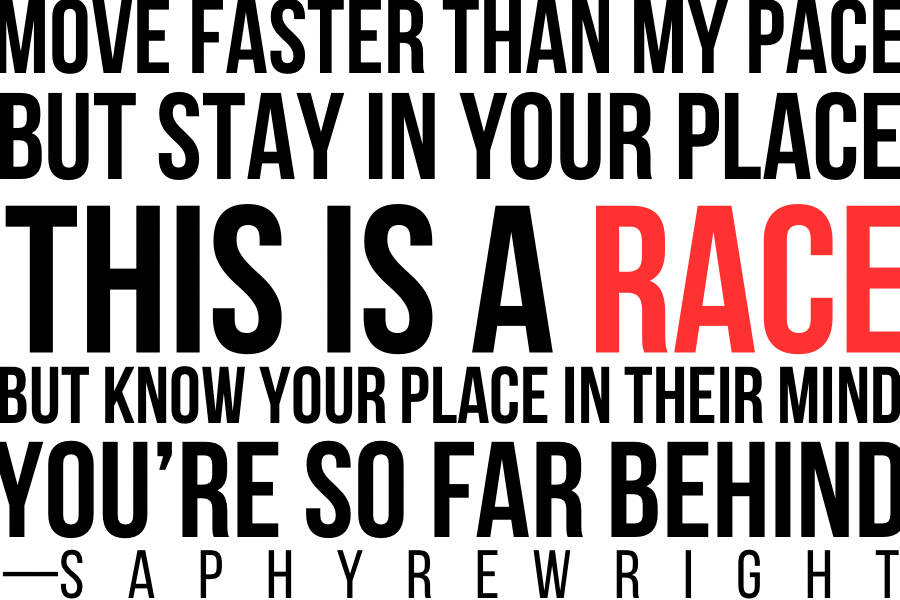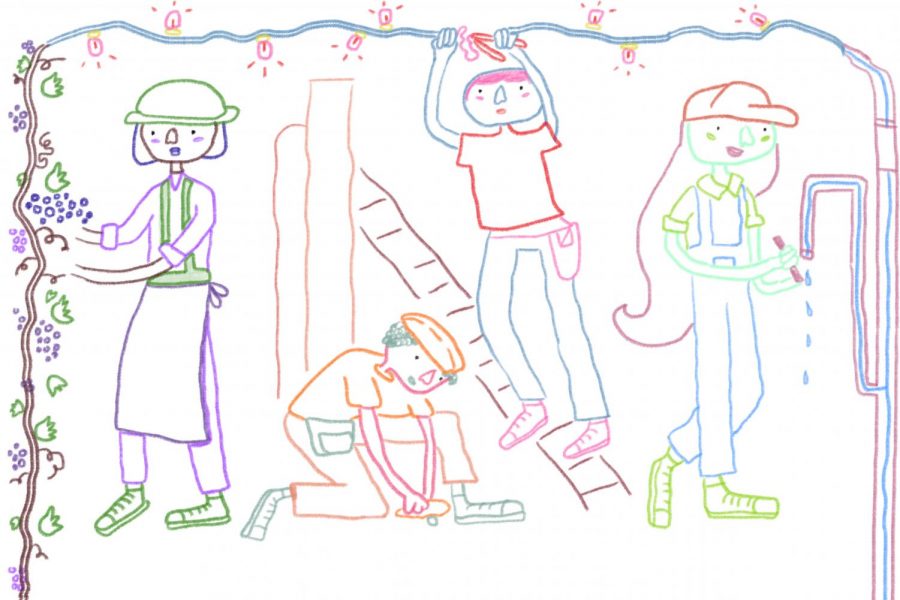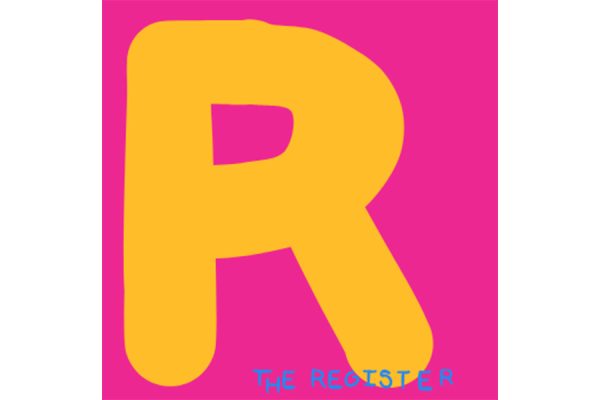The Tricks of the Trade (School)
Why trade school is a completely feasible option that high school graduates should consider
May 31, 2019
The class of 2019 will soon exit the doors of City High for the last time and head out for whatever they choose for their future. The decisions made regarding higher education are rarely quick and easy, especially when career choices loom above all else. As the demand for jobs that require at least a bachelor’s degree increases throughout the US, the emphasis on getting into college and completing at least four years has as well. This pressure can come from parents, teachers, counselors, peers, and even oneself, making the consideration of other options for one’s future seem pointless. One of the frequently overlooked, but viable, options for a successful future after high school is trade school.
Trade schools, also referred to as vocational schools when run or supported by the government, or career colleges when run by private institutions or made for profit, are designed to train students for a specific career path. Careers in which trade school is sufficient preparation can range from viticulturist–those who grow grapes–to cosmetologist to electrician.
Although whether a trade school is public or private certainly affects the price, they’re typically significantly less expensive than a four-year college. The cost of trade school ranges from about $3,000 to $15,000 per year, whereas four year colleges can range from about $10,000 to $60,000. When taking into account that trade school degrees rarely require more than two years to earn, the average graduate spends $122,000 less than those graduating from a four-year college.
Upon finishing a course of study, students receive a diploma or certificate to acknowledge they successfully completed it. Some programs give out associate degrees, the degree from a two-year college, as well. After the diplomas or certificates are given, many programs will also help their former students in finding a job in that field as well.
But the relative affordability and less time required of trade schools doesn’t mean that the jobs they get people don’t pay well. Multiple jobs that are popular paths in trade school have high pay and consistent employment. For example, construction workers make $34,810 per year, plumbers make an average of $53,910 per year, and electricians make an average of $54,110. All of these are enough for a living, especially given that the decreased price means that there will be less to pay in student loans than a university and a trade-school education also takes less time to complete.
These high wages for relatively low educational commitment are because the jobs that are popular in trade school are jobs that are needed in today’s economy, but are attracting fewer and fewer people join them due to the increase in people going to college after high school. This has created gaps in the supply of labor for these jobs, which leads to the wages for those jobs increasing.
This increase in people going to college has been due to increased societal pressure about going to college and narratives that if someone doesn’t go to college they are bound to not succeed in life. However, this narrative is weakened when opportunities like trade schools are brought up. In fact, the relative financial return of bachelor degrees has been softening in a time in which the number of people willing to work these manual trades has drastically decreased.
Steering kids towards bachelor degrees when they leave high school is done with the best of intentions, but in some cases can be very harmful, because when that recommendation is for everybody, it leads to areas like trade school being completely ignored despite the increased benefits they have as a result of the decrease in people willing to work them.
Trade school jobs like plumbing and working as an electrician are jobs that will continue to be important in our world and will always have roles in our economy. As the demand of jobs that require a bachelor’s degree ebb and flow, there are always people who make sure that the electricity is working and that the water is flowing as it should.
This isn’t to say that college is useless. Traditional universities have many experiences that trade school doesn’t have and, conversely, trade schools have many experiences that traditional universities don’t have. But the lack of discussion of trade schools leads to many being unaware of a high-paying alternative to a college education that is becoming more and more in need as the years go on.



















































